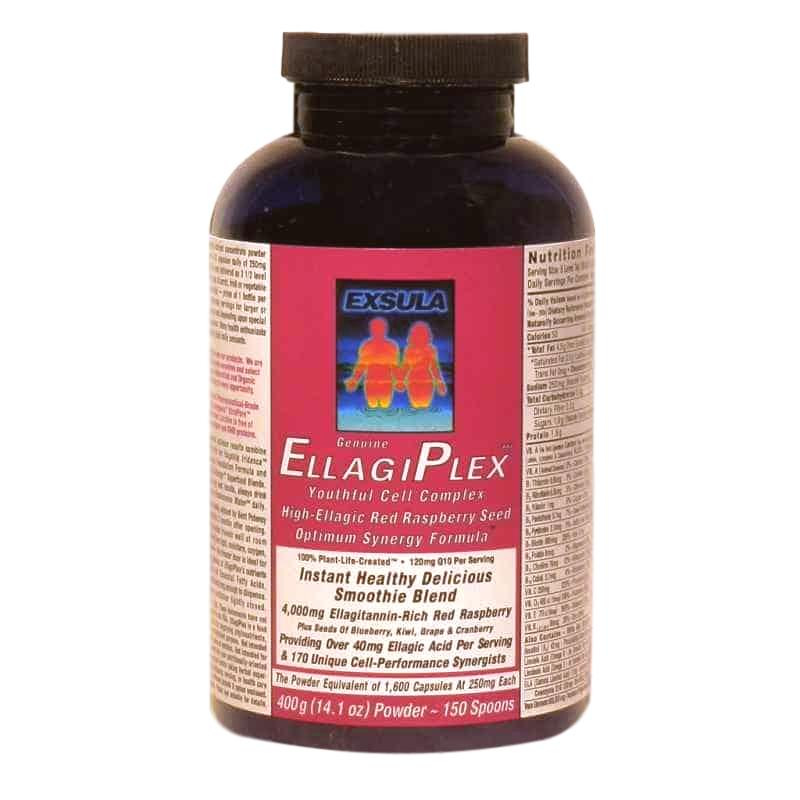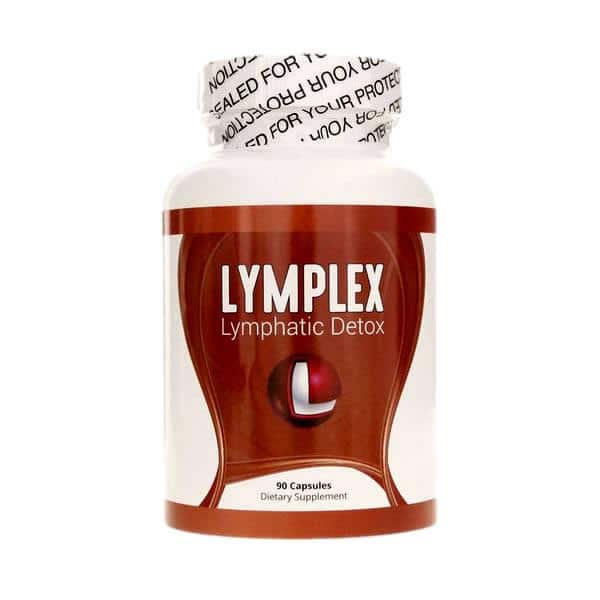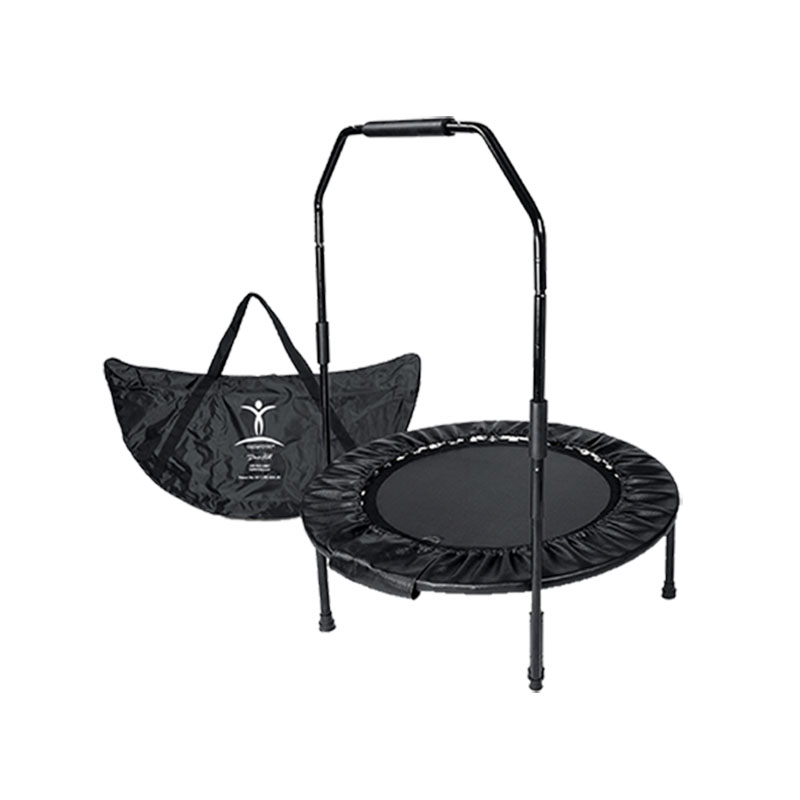No products in the cart.
Lymph Nodes and Cancer
Q: My wife is scheduled to go to hospital again next week to have the remaining lymph nodes removed from under her arm. I am asking her to reconsider, but she thinks there is no alternative and if there is any cancer in them she wants them out. I say there is no reason to believe there is anymore in them at this stage. Note the Sentinel node was found to have a small, tiny amount of cancer cells and the only other node extracted was found to be clear. The surgeon wants her in to remove the rest.
A: Removing the lymph nodes raises the chances that the cancer will spread. The lymph nodes protect the body, it’s the immune response to keep the cancer there so it won’t spread more. When she removes them, she removes her guards. In any case, it does not cure cancer. Removing body parts does not eliminate cancer, if the body is weak, the cancer will show up in other organs.
You take it from here, it shows up somewhere else. Only strengthening the immune system can eliminate cancer, because the body can kill the cells if you raise its immune response. The medical treatments do exactly the opposite. Talk about logic. Your wife may want to learn about the very real risk of lymphedema and possible attendant complications, not to mention pain, developing once her lymph nodes are “missing, impaired, damaged or removed”. See below extract from www.healingcancernaturally.com Lymphedema: abnormal build-up of fluid that causes swelling, most often in the arms or legs, lymphedema develops when lymph vessels are missing, impaired, damaged or removed.
The following request may be applicable to many women with breast cancer who choose the conventional route of mastectomy/lumpectomy or other surgery and chemotherapy. I sincerely hope it will make women research the many non-invasive alternative healing options available before submitting to any radical operations: ‘One thing I am having trouble with… is lymphedema. I had a double mastectomy and chemo before stopping at radiation and deciding to research natural treatments. I have lymphedema both in my arm and worse in my hand. I go to a physical therapist weekly for manual lymphatic drainage and have ordered a glove and sleeve from Jobst in Germany… I am doing compression bandaging at home. This has taken over my life. I have tried arnica and horse chestnut with no effect.
‘Lymphedema Following a Mastectomy Often during a lumpectomy or mastectomy, some or all of the lymph nodes under the arm may be removed. The lymph nodes under the arm (also called the axillary lymph glands) drain the lymphatic vessels from the upper arms, the majority of the breast, the neck, and the underarm regions. The lymph nodes help to filter excess fluid, bacteria, and by-products of infections. Whenever the normal drainage pattern in the lymph nodes is disturbed or damaged (often during surgery to remove the lymph nodes), swelling of the arm may occur. Radiation and chemotherapy may also cause swelling of the arm. This swelling of the arm, caused by an abnormal collection of too much fluid, is called lymphedema. When the lymph nodes under the arm have been removed, a woman is at higher risk of lymphedema.
Lymphedema may occur immediately following surgery, or months or years later. Not every woman who has a mastectomy will experience lymphedema. There are several types of lymphedema. The acute, temporary, and mild type of lymphedema occurs within a few days after surgery and usually lasts a short period of time. The acute and more painful type of lymphedema can occur about 4 to 6 weeks following surgery. However, the most common type of lymphedema is slow and painless and may occur 18 to 24 months after surgery. The main symptom of lymphedema is swelling of the affected arm. The degree of swelling may vary. Some people may experience severe swelling (edema) – with the affected arm being several inches larger than the other arm. While others will experience a milder form of edema – with the affected arm being slightly larger than the other arm. In addition to swelling of the affected arm, the following are the most common symptoms of lymphedema. However, each individual may experience symptoms differently. Symptoms may include:
- feeling of fullness or tightness in the affected arm
- aching or pain in the affected arm
- swelling in the hand (may be evidenced by rings that no longer fit)
- weakness in the affected arm’
You can read the full article including their advice on what to do when affected by lymphedema at www.health.uab.edu. It will hopefully also help you decide if it is worth this risk (I know of one woman whose life was made pure hell on earth by lymphedema). Personally, I would advise to try and heal breast cancer naturally. One of the most well-known examples of overcoming “terminal” breast cancer using a natural holistic (preponderantly nutritional/detoxification) approach is Dr. Day. You will find many free pointers to and examples and testimonials of healing breast and other types of cancer naturally on healingcancernaturally.com. Please give your particular attention to the pages Nutrition, Budwig Protocol, Detox, Emotions, Energetics, Geopathic Stress, “Greatest Hits”, Galvanotherapy, Juicers, Light Healing, Nature Heals, “New Medicine”, Spirituality & Testimonials.
In addition to lymphedema affecting women with breast cancer who choose the conventional route of mastectomy/lumpectomy or other surgery and chemotherapy, lymphedema can also occur in women with ovarian and/or cervical cancer undergoing conventional treatments, such as radiation therapy destroying inguinal nodes. In this case, lymphedema will affect the legs and feet. Apart from presenting a cosmetic problem (which could be considered minor) and all the risks and possible suffering outlined above (which definitely is to be considered major), lymphedema involves the additional risk of very serious infection: ‘Lymphedema increases the risk of serious infections such as Cellulitis (lymphangitis), an infection that spreads freely, quickly, and uncontrollably, within the deeper tissues of the skin and becomes a life-threatening emergency when it spreads through the lymphatic or circulatory systems and can reach vital organs and other body parts (even a simple act such as shaving a swollen leg could be an invitation to infection). Erysipelas, a painful skin infection that affects the skin, subcutaneous tissues, and the lymphatic structures located just under the skin. (This is in contrast to cellulitis which thrives within the deeper tissues.) Symptoms include an expanding area of redness of the skin… that is accompanied by pain, high fever, and chills.
Erysipelas damages lymph vessels and increases the formation of fibrosis in the affected tissues. This damage further disrupts the flow of lymph. Erysipelas is one of the most common complications of lymphedema, tends to recur and there appears to be a correlation between the frequency of erysipelas infection and the stage of lymphedema. Erysipelas is a serious infection that requires prompt treatment’ According to the Cleveland Clinic ‘Lymphedema once it occurs is difficult to treat, and treatments vary. Conservative treatments such as bandaging, proper skin care, compression garments, and exercises are some general methods of care.
There is no easy surgical fix for treatment of lymphedema. Surgical procedures have been tried in general, few of them work well in the long term; some make the condition much worse, and more difficult to treat. In a very few situations, certain specialized operations are useful, but these are not common. Almost all specialists who see patients with lymphedema agree that adequate conservative treatment, by well-trained therapists, should be tried before resorting to surgery. …more comprehensive information about lymphedema prevention and treatment from [the conventionally orientated] Cleveland Clinic at www.clevelandclinic.org.
Note: the best lymphedema prevention in my view seems to be not to resort to surgical interventions involving impairment, damage or removal of the vital lymph nodes but to firstly thoroughly seek out all non-invasive natural healing approaches to breast, ovarian and/or cervical cancer as well as other cancers whose conventional treatment affects the lymph nodes. See particularly the pages Budwig Healing Protocol, Nutrition, Detox, Emotions, Energetics, Geopathic Stress, “Greatest Hits”, Galvanotherapy, Juicers, Light Healing, Nature Heals, “New Medicine”, Spirituality & Testimonials.”







